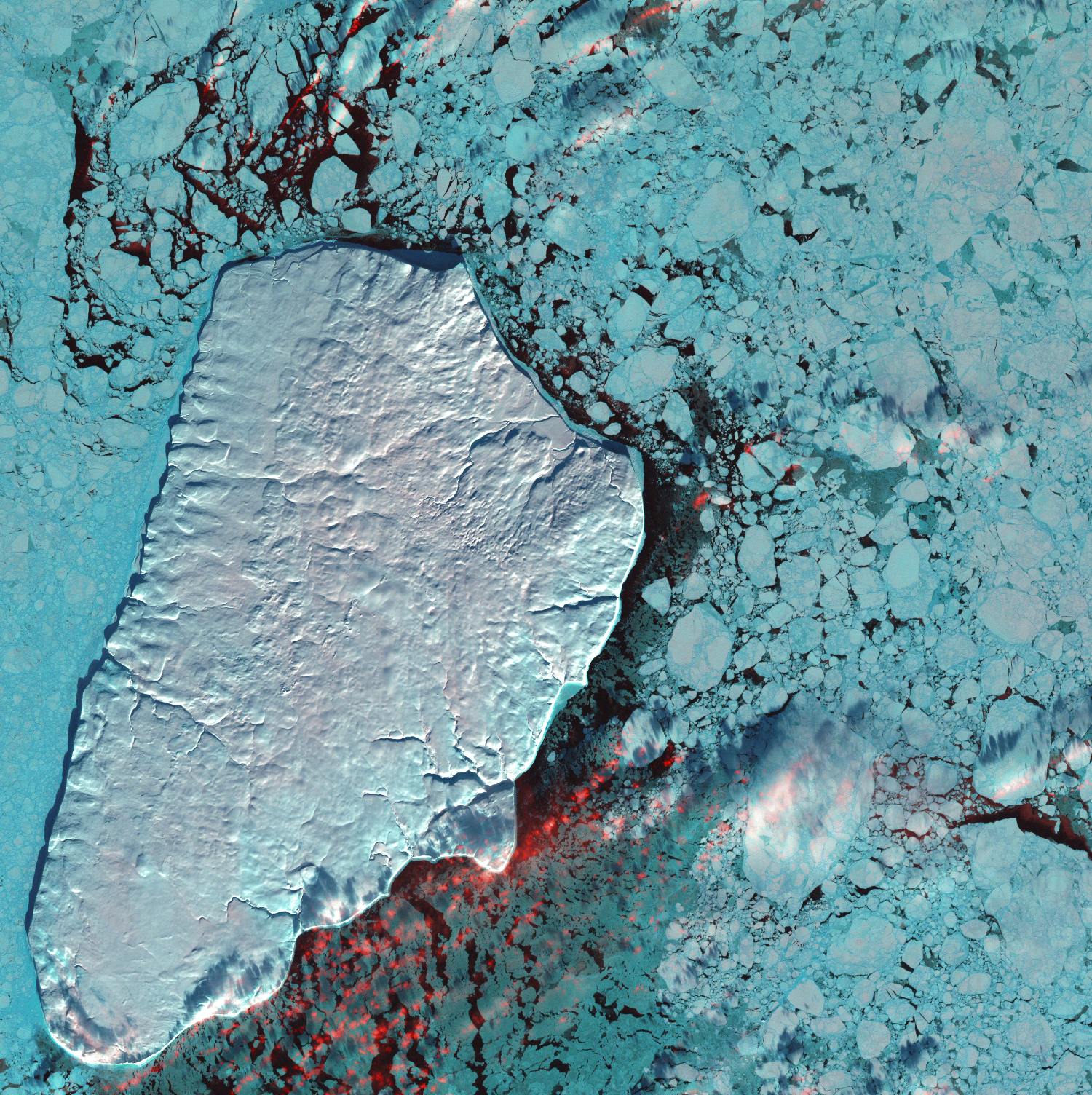The BIOS2 Research Funding Program supports open projects in biodiversity science and non-NSE domains proposed by academic members.
The BIOS² training program provides a framework to foster collaborative, multidisciplinary and cross-sectoral research. It focuses on training the next generation of highly qualified people in quantitative ecology as well as future actors and decision makers in the biodiversity science sector. The main objectives of the program are to widen opportunities and skill sets among students and increase their recruitment in Biodiversity science in the Canadian job market.
We are currently offering financial support for projects in biodiversity science, and in non-Natural Sciences and Engineering domains. The aim of this call is to fund projects, not students. Once the project is awarded, students are selected by the academic member(s) leading the project.
Selected projects must align with the objectives of the training program.
We invite researches to submit proposal for:
PhD Project in biodiversity science:
We seek projects that will push the field of biodiversity science forward with the development of new analytical and modelling approaches to biodiversity assessments.
MSc or PhD Project in Non-Natural Sciences and Engineering domains:
We seek projects in social sciences, politics, economics or education that will promote decision-making based on the most advanced techniques to assess biodiversity changes.
Value and resources:
The objective of this call is to fund projects, not students. Students will be selected by the academic member once the project is awarded. The project should start within 6 months after application.
- For MSc projects: A scholarship of a value of $7500/year for up to 2 years for salary plus $2000/year to support training (internships, communication, and travel).
- For PhD projects: A scholarship of a value of $10,000/year for up to 3 years for salary plus $2000/year to support training (internships, communication, and travel).
Selected students will become BIOS² Fellows. Fellows will have access to all training activities and financial support. Fellows are expected to participate in the various activities and contribute to the collaborative environment of the program.
The funding will be administered by a BIOS² co-PI1. Members that are not part of the 9 associated institutions must co-supervise fellows with a member from one of them, in accordance with NSERC’s rules.
Application and selection procedures
Proposals will be evaluated according to the following criteria:
- Scientific relevance of the project
- Correspondence of the research with the program research themes
- Training opportunities in computational and numerical methods applied to biodiversity science
- Potential for training in a professional environment
- Potential for collaborative research beyond academia
- Implication of the member in the research and program
The selection is based on those criteria and applications must respect the program rules for diversity and equity.
Application process :
- The application is conducted by a BIOS² academic member. If you have a research project to propose but are not yet an academic member, please contact us: info.bios2@usherbrooke.ca
- The form to submit proposal is here: https://forms.office.com/r/xQxWScipVs
The calls will be open from October 25 to November 15, 2021.
- If no applications are received by November 15, the competition will remain open until the position is filled.
- Notification of decision: Within 6 weeks after the deadline or after receiving complete application
1 BIOS² Co-PIs are: Dominique Gravel and Pierre-Étienne Jacques (Université de Sherbrooke), Timothée Poisot et Anne Bruneau (Université de Montréal), Steven Kembel (UQAM), Joël Bety (UQAR), Philippe Archambault (Université Laval), Andrew Gonzalez (McGill University), Pedro Peres-Neto (Concordia University), Sarah P. Otto (University of British Columbia) and Erin Bayne (University of Alberta).

